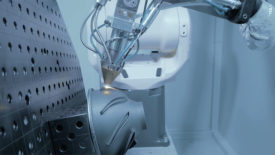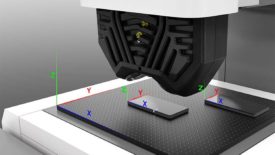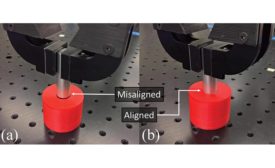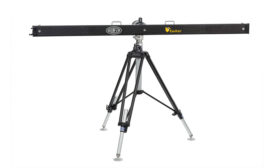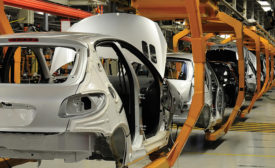Home » Keywords: » NIST
Items Tagged with 'NIST'
ARTICLES
Vision & Sensors | Inspection
Exploring Integrated Optical Inspection Systems
For noncontact surface characterization of manufactured materials.
March 6, 2023
Helping Robots Stay on Target
Both accuracy and repeatability are key performance characteristics that influence the robot's ability to meet a manufacturing process's needs.
December 2, 2019
Large-scale manufacturing
PrecisionPath Consortium Redefining Advanced Manufacturing
Illuminating the challenges, clearing a path to the Smart Factory.
September 1, 2016
Management
Smart Manufacturing: A Digital Leap Forward
Call it Industry 4.0, the Connected Enterprise, or the Industrial Internet of Things, but this fourth manufacturing revolution is just getting started.
June 1, 2016
Applying Measurement Uncertainty
IT IS PART OF EVERY MEASUREMENT MADE BY ANY SOURCE.
November 3, 2014
INDUSTRY HEADLINE
MEP Launches Competition to Fund Manufacturing Centers in 10 States
August 4, 2014
Get our new eMagazine delivered to your inbox every month.
Stay in the know with Quality’s comprehensive coverage of the manufacturing and metrology industries.
SIGN UP TODAY!Copyright ©2024. All Rights Reserved BNP Media.
Design, CMS, Hosting & Web Development :: ePublishing
